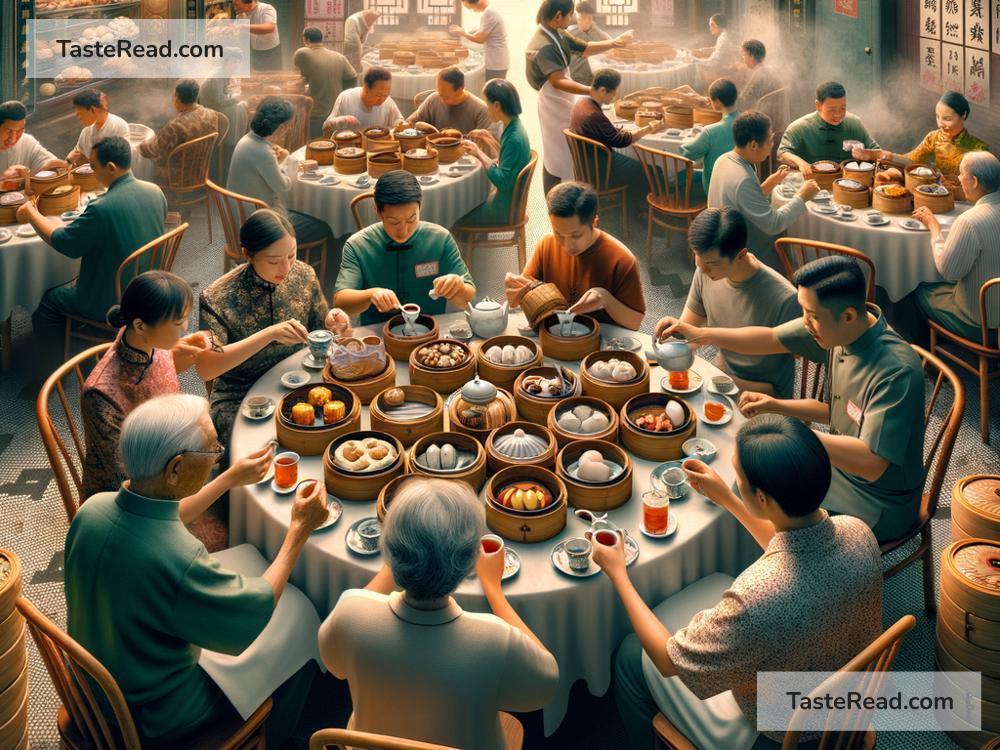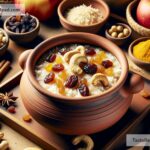Discovering Timeless Dim Sum Rituals in Macau, China
If you’re visiting Macau, China, you’ll likely be drawn to its fascinating mix of cultures, glitzy casinos, and historical architecture. But beyond its famous landmarks lies a more subtle magic—its timeless tradition of dim sum. Dim sum isn’t just food. In Macau, it’s a ritual, a way to bond, and one of the best ways to learn about its rich culture. Today, let’s dive deeper into the world of dim sum and discover what makes this ritual so special.
What is Dim Sum?
Dim sum is a Cantonese culinary tradition that features small, bite-sized dishes, served alongside tea. The dishes can range from steamed dumplings to baked buns, pan-fried cakes, and even rice noodle rolls stuffed with meat, shrimp, or vegetables. While dim sum originated in China’s Guangdong province, it has spread all over the world and has become deeply rooted in Macau’s food scene due to the city’s strong Chinese influence.
The term “dim sum” literally means “touch the heart” in Cantonese, showing how this tradition is not just about eating—it’s about connection. Families, friends, and even business partners gather around wide tables, enjoying shared plates of food and long conversations over tea. The slow pace and the variety of flavors make dim sum a beloved experience, perfect for appreciating life’s little joys.
A Historical Connection to Macau
Macau is famous for its blend of Chinese heritage and Portuguese colonial influence, and its food scene reflects this rich history. While dim sum embodies traditional Cantonese flavors, Macau adds its own spin, mixing local ingredients like Macanese spices or twists inspired by Portuguese cuisine. Visiting Macau and skipping dim sum would mean missing out on one of the city’s essential cultural experiences.
Dim sum has long been a central part of Macau’s dining traditions. Locals enjoy it as a morning or afternoon pastime, with many families making dim sum their go-to meal during weekends. It’s common to see packed dim sum houses filled with chatter and laughter, a scene that speaks to the enduring love for this culinary ritual.
The Ritual of Tea During Dim Sum
Dim sum is closely tied to tea, a pairing known as “yum cha,” which means “drink tea” in Cantonese. At its core, yum cha is a social ritual with tea serving as much more than just a beverage—it’s a way to relax and elevate the experience. Traditional dim sum houses usually offer a variety of teas, from earthy Pu’er to soothing jasmine or floral chrysanthemum tea.
Tea is considered to cleanse your palate between bites and aid digestion. Often, you’ll find locals pouring tea for each other as a gesture of respect and hospitality. This simple act is a reminder of the deeper etiquette and culture surrounding dim sum.
Must-Try Dim Sum Dishes in Macau
If you’re exploring dim sum in Macau, you’ll find an impressive variety of dishes. Here are some must-try staples to help you dive into this delicious world:
-
Har Gow (Shrimp Dumplings): These delicate steamed dumplings are wrapped in translucent rice dough and filled with juicy shrimp. Their soft, yet chewy texture makes them a popular favorite.
-
Siu Mai (Pork and Shrimp Dumplings): Another crowd favorite, siu mai is topped with a touch of roe for extra color and flavor. It’s a perfect balance of meaty, savory goodness.
-
Char Siu Bao (BBQ Pork Buns): These fluffy buns are filled with sweet and savory barbecue pork, a dish loved by adults and kids alike.
-
Cheung Fun (Rice Noodle Rolls): Thin rice noodles are rolled around fillings like shrimp, beef, or pork, then topped with a delicate soy sauce.
-
Egg Tarts: Though not traditionally dim sum, Macau’s famous Portuguese-style egg tarts often accompany dim sum meals. Their flaky crust and creamy filling are pure perfection.
-
Turnip Cake: This pan-fried cake made of mashed turnip and rice flour is crispy on the outside and soft on the inside, offering a delightful texture.
Where to Enjoy Dim Sum in Macau
Finding the perfect dim sum spot in Macau is easy if you know where to look. While there are countless dim sum options, here are a few notable places to start your journey:
-
Long Wah Tea House: One of Macau’s oldest tea houses, this spot offers traditional dim sum with a nostalgic vibe. It’s ideal for travelers seeking authentic flavors.
-
The 8 Restaurant: Located inside the Grand Lisboa hotel, The 8 is a Michelin-starred dim sum destination that blends traditional Cantonese dishes with modern elegance.
-
DimDimSum Dim Sum Specialty Store: Affordable and casual, this restaurant offers great-tasting dim sum dishes without breaking the bank, perfect for travelers.
How to Enjoy Dim Sum Like a Local
When dining in Macau, try to embrace the dim sum ritual the way locals do. Here are a few tips:
- Start with tea! Choose a variety you like and savor its flavors as you wait for the dim sum dishes to arrive.
- Don’t rush. Dim sum is meant to be enjoyed slowly, with a focus on conversation and the shared experience.
- Try a little of everything—most dim sum dishes come in small portions, making it easy for you to explore different flavors.
- Respect the dining etiquette by taking turns pouring tea for others at the table.
A Taste of Tradition That Lasts Forever
Dim sum in Macau is more than just a meal—it’s a beautiful tradition that connects people, nourishes the soul, and touches the heart. It’s a reminder to slow down, enjoy life’s simple pleasures, and bond with those around you. So, if you’re ever in Macau, pull up a chair at a dim sum table, sip some tea, and let this timeless ritual show you a new side of the city’s vibrant culture. Bon appétit, or as they say in Cantonese, “Sik fan!” (Enjoy your meal!)


